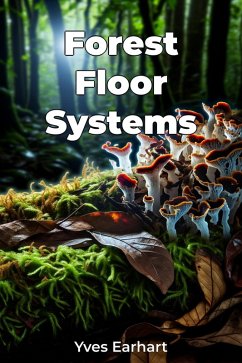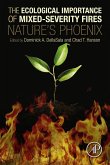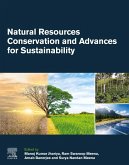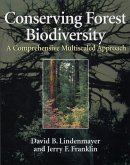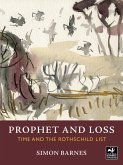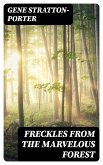Readers discover fascinating insights: a single gram of soil hosts billions of microorganisms working in symbiotic networks, while fallen leaves are dismantled by enzymes and detritivores into components that fuel new growth. Tree species, it reveals, actively shape their underground environments through root chemicals and leaf litter, creating feedback loops that affect entire forests.
Blending microbial ecology with systems theory, the book frames the forest floor as a self-regulating "meta-organism," using case studies from rainforests to boreal regions. It links cutting-edge research-like metagenomic analyses of soil microbes-to real-world applications in agroforestry and bioremediation. Unlike purely academic texts, it adopts a narrative style, weaving field researchers' anecdotes with clear analogies, such as comparing fungal networks to underground communication highways.
Chapters progress from foundational concepts like decomposition mechanics to urgent implications for climate policy and soil health. What sets this work apart is its ability to translate complex interactions into actionable knowledge, empowering readers to advocate for ecosystem resilience. By spotlighting Earth's oldest recycling system, it offers a fresh perspective on solving modern environmental crises.
Dieser Download kann aus rechtlichen Gründen nur mit Rechnungsadresse in A, B, BG, CY, CZ, D, DK, EW, E, FIN, F, GR, H, IRL, I, LT, L, LR, M, NL, PL, P, R, S, SLO, SK ausgeliefert werden.

